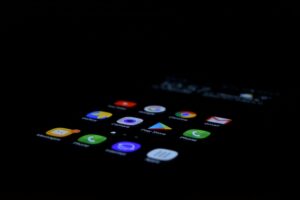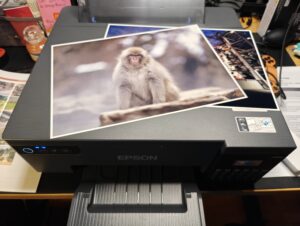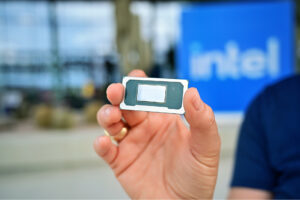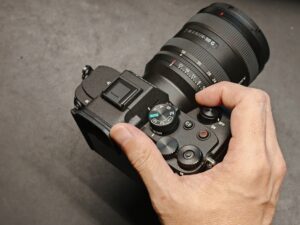Fancy those night vision goggles like those used by special forces in the military? Okay, they aren’t the same but the new Yashica Vision goggles might tickle your fancy for “night vision” during your nocturnal adventures.
Externally, it looks like any other binoculars in the market, but I mistook the tubes for the eyepieces. Instead, they house a camera with a 25mm f1 lens and 850-nanometre infrared blaster so the Vision can record infrared signals and see at night.
The other end has a screen attached to the hard plastic body. It does not feel like a premium product, but it is much better than the other Yashica Kickstarter project called digiFilm Y35, which looks more of a toy than a proper camera.
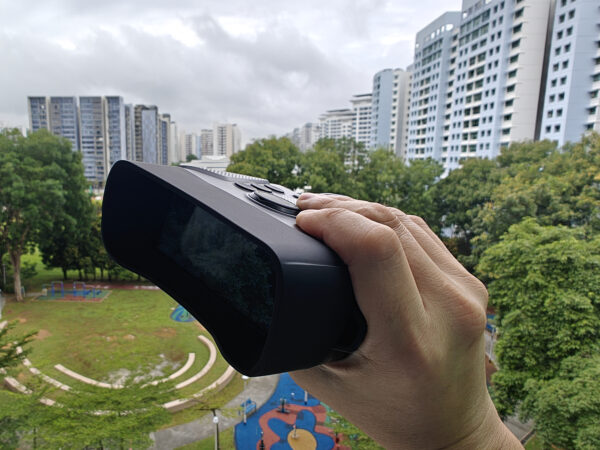
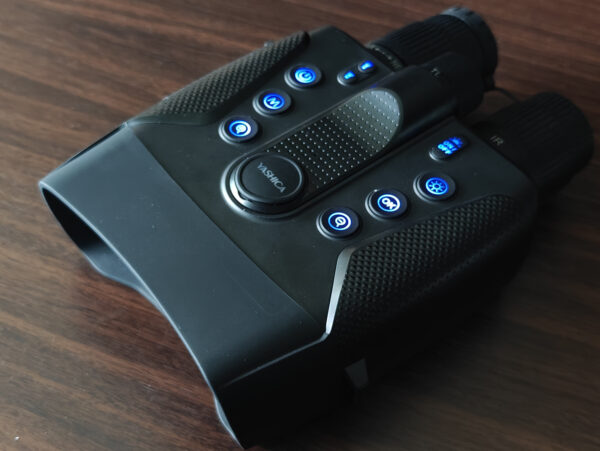
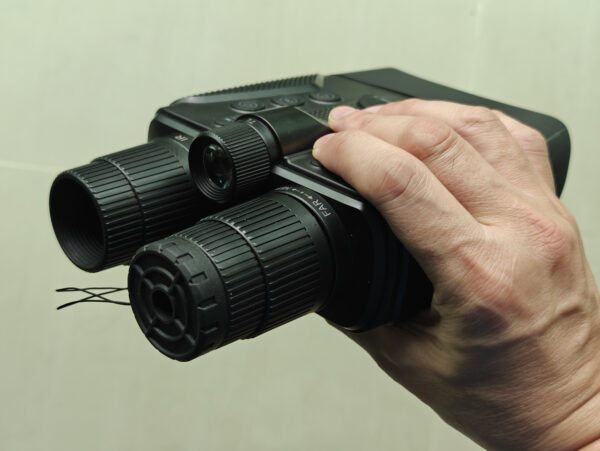
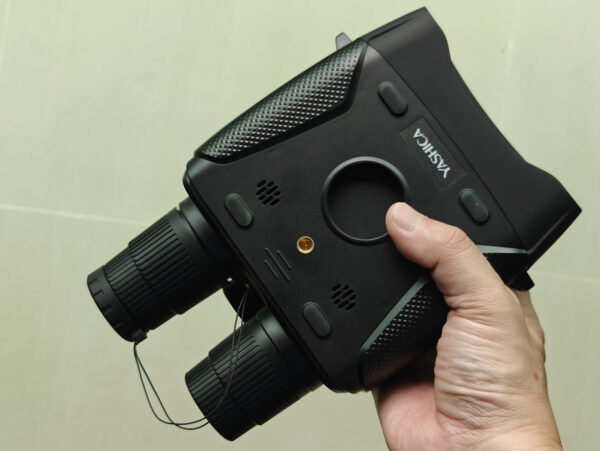
At the top, you can control the goggles’ mode, brightness, and zoom with rubberised buttons that prevent water from entering the device in the rain. The Vision is rated IP65, which means it is water and dust resistant.
The Vision can capture light with as little as 0.0037 lux at 20 to 50m away. To see further, the device has 3x optical zoom. The 5x digital zoom comes in handy when you want to reach the maximum zoom range of 600m.
That said, the need to press the zoom button continuously while waiting for the camera to slowly close in will definitely frustrate users. The controls can be a bit more intuitive.
The Yashica Vision is made more for video taking, so having a 1/4-inch screw thread at the bottom will let you attach the 746g camera to a tripod. You can shoot at a fixed location for long periods feeling the toil on your arms.
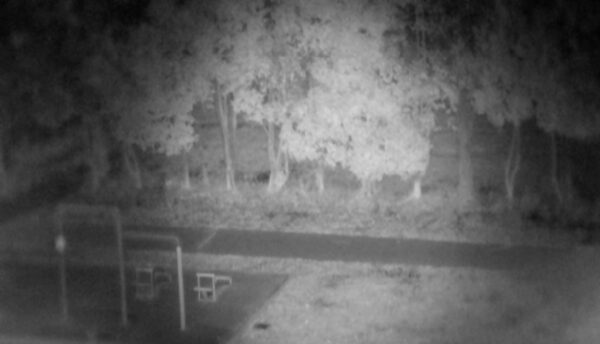
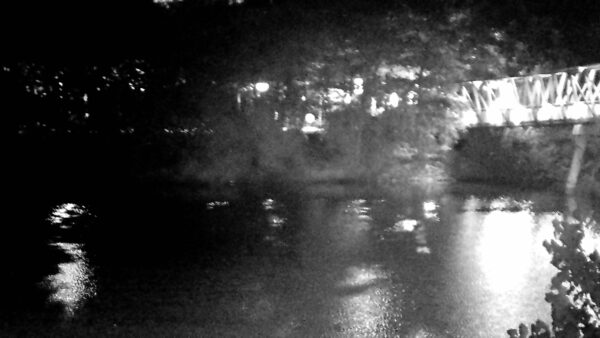
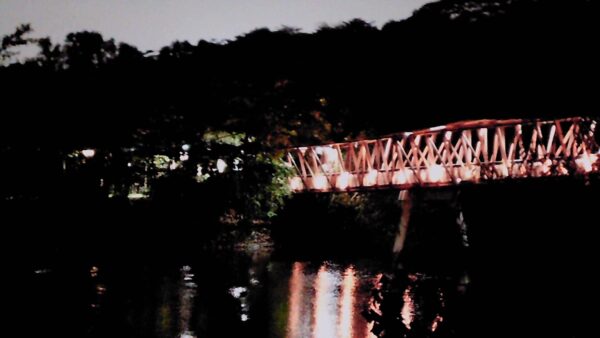
The Vision uses a 1/2.9-inch Full HD CMOS sensor to capture video clips in 4K resolution at 25 frames per second as well as 58-megapixel images through digital scaling.
It is still best to scale up in post-production rather than relying on the in-camera processor to do the work. In other words, record the video footage at Full HD or photos at 8-megapixel resolution to maximise the image quality, then scale them up later.
While I can see the videos and photos shot in the dark, the image quality is nothing to shout about, even at the highest settings. It might be helpful for campers who want to scan the environment in the dark for security purposes but I wish the Vision can go wider when viewing subjects closer to me.
Note that the Vision has an 16-hour non-removable 5000mAh battery with the IR blaster switched off. It will run for five hours at night with infrared turned on at maximum. The backlit buttons can be turned off, when not needed, to help the battery run longer.
The Yashica Vision is now available on Kickstarter from S$187. It will not be winning any imaging contest, but it could be a practical tool for those who love the outdoors and want to survey their surroundings when the sun’s down.
